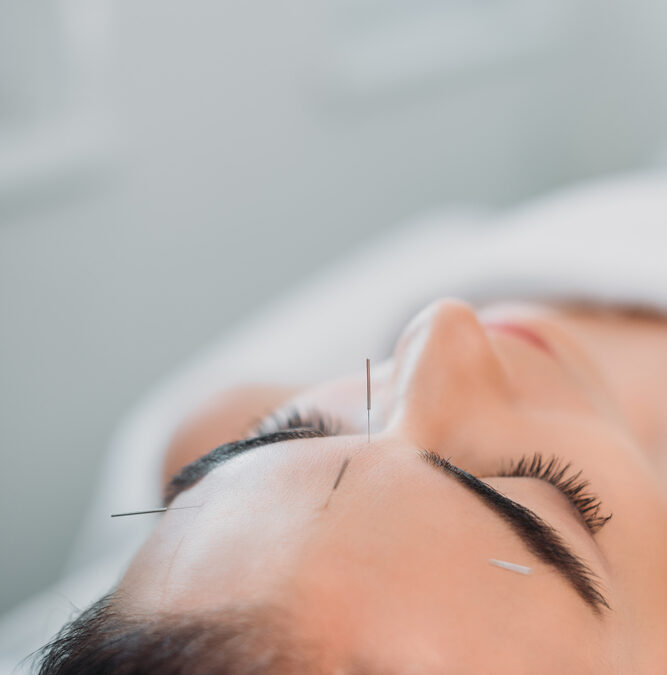One of the most common questions I hear is: “What’s the difference between acupuncture and dry needling?”
While acupuncture and dry needling might look the same on the surface, the difference is in the detail.
Currently, some short courses in dry needling (ranging from 2 days to 6 months in duration) permit other UK health professionals, including dentist, podiatrists and others, to call themselves acupuncturists provided they have completed a course in dry needling. Those courses can be as short as 2 days of training.
Traditionally trained acupuncturist who are members of a regulatory body such as the Acupuncture Society, British Acupuncture Council to name just two, are required to have completed 3600 hours of training at degree level. 400 of those hours must be supervised clinical training hours.
I put my patients safety at the forefront of my work. It can be difficult for clients to understand the different levels of training and clinical experience that a practitioner’s holds.
I trained at a full-time degree-level college in acupuncture, this was a 4 year course, incorporating Western medical theory in anatomy, physiology and pathology, Chinese Medicine philosphy and acupuncture, and I am accredited by the Acupuncture Society and Association of Naturopathic Practitioners.
Acupuncture is an effective treatment for a wide range of ailments and is also now included in the NHS/ NICE guidelines for the treatment of pain. I hope that the public will continue to seek out this alternative treatment which is safe and effective in fully trained hands, and advise anyone looking for treatment to enquire about the level of training of their acupuncturist.
020 34883175
Nadine@purehealthacupuncture.co.uk


Recent Comments